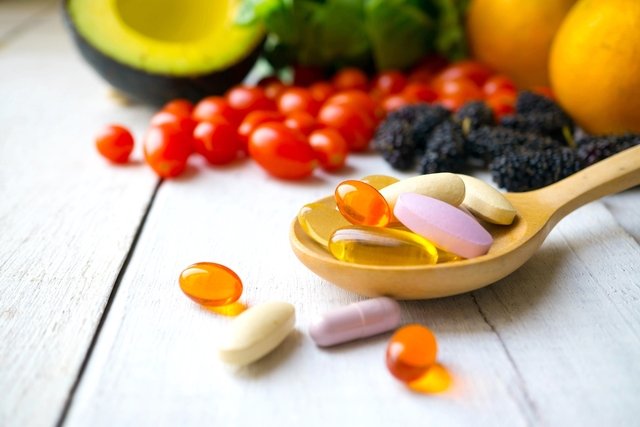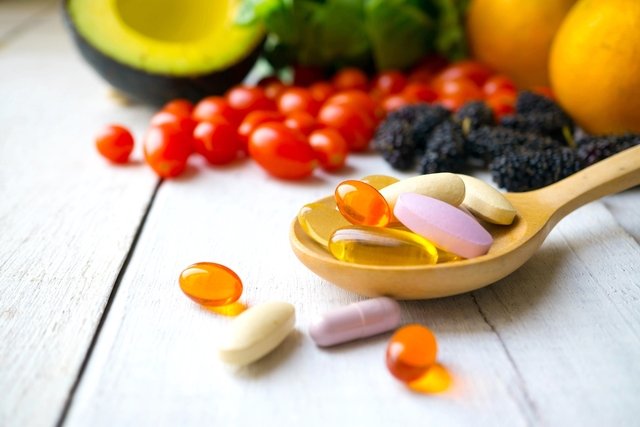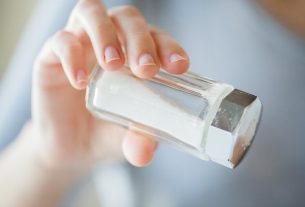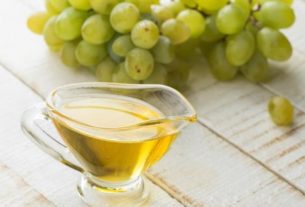Some supplements such as vitamin E, Vitamin D and Calcium can help prevent the risk of diseases that may arise during menopause, such as osteoporosis and diabetes, for example.
In addition, omega 3 and phytostrogens can also help alleviate symptoms characteristic of this period, such as hot flashes, vaginal dryness and mood changes. Learn about other symptoms of menopause.
These vitamins for menopause can be obtained through food consumption or supplementation, which should preferably be done with the recommendation of a doctor or nutritionist, who will prescribe the types and amounts of vitamins and minerals suitable for each person.

1. Vitamin E
Vitamin E has antioxidant and anti-inflammatory properties that help fight free radicals, improving the health and appearance of the skin, preventing premature aging. Discover the foods richest in vitamin E.
In addition, vitamin E also helps to strengthen the immune system, prevent cardiovascular heart disease and prevent the onset of neurological diseases, such as Alzheimer’s.
2. Calcium
Calcium helps reduce the risk of osteoporosis, especially for women who have not chosen or cannot take hormone replacement therapies.
Calcium supplements should be taken with food because the presence of other vitamins and minerals helps to increase their absorption. Know when calcium supplements are indicated.
3. Vitamin D
Vitamin D is essential for the absorption of calcium, improving bone health, preventing osteoporosis and preventing the occurrence of fractures. See how to take vitamin D supplements.
4. Phytoestrogens
Phytoestrogens are compounds similar to human estrogens and, therefore, can help alleviate menopause symptoms such as night sweats and irritability.
Phytoestrogens can be found in foods such as soybeans and soy products, tofu, flaxseed, sesame seeds and beans. Additionally, phytoestrogens can also be found in the form of supplements, such as soy lecithin. Discover some foods that are sources of estrogen.
5. Omega 3
Omega 3, in addition to contributing to the prevention of cardiovascular diseases, also helps prevent breast cancer and depression, the risk of which increases during menopause. Check out other benefits of omega 3.
6. Polyphenols
Polyphenols are bioactive compounds with antioxidant and anti-inflammatory properties, which help prevent the development of cardiovascular diseases and diabetes, in addition to preventing premature aging, hence the importance of their inclusion in the diet and supplementation at this stage of life. See foods rich in polyphenols.
7. Vitamin C
Vitamin C is a type of water-soluble vitamin that acts as an antioxidant and participates in various metabolic processes, such as promoting collagen production, preventing the appearance of stretch marks, wrinkles and expression lines that appear with age, also promoting hair health. and nails, in addition to being fundamental for the formation of cartilage, tendons, ligaments and other tissues and structures of the body, being an important vitamin during menopause.
See other tips for feeling better during menopause in the video below:
Bibliography
- NIH OFFICE OF DIETARY SUPPLEMENTS. Omega-3 Fatty Acids: Fact Sheet for Health Professionals. Available at: <https://ods.od.nih.gov/factsheets/Omega3FattyAcids-HealthProfessional/>. Accessed on February 17, 2023
- NATIONAL INSTITUTES OF HEALTH. Fact Sheet for Health Professionals: vitamin D. Available at: <https://ods.od.nih.gov/factsheets/VitaminD-HealthProfessional/#h7>. Accessed on February 17, 2023
- NATIONAL INSTITUTES OF HEALTH. Calcium: Fact Sheet for Health Professionals. Available at: <https://ods.od.nih.gov/factsheets/Calcium-HealthProfessional/>. Accessed on February 17, 2023
- NATIONAL INSTITUTES OF HEALTH. Vitamin E fact sheet for health professionals. Available at: <https://ods.od.nih.gov/factsheets/VitaminE-HealthProfessional/>. Accessed on February 17, 2023
- MEDICAL JOURNAL OF MINAS GERAIS. Phytoestrogens: therapeutic value in the climacteric. Available at: <https://rmmg.org/artigo/detalhes/1472#:~:text=Os%20fitoestrog%C3%AAnios%20s%C3%A3o%20componentes%20n%C3%A3o,funcionais%20semelhante%20 %C3%A0s%20dos%20estrog%C3%AAnios.>. Accessed on February 17, 2023
- BRITISH NUTRITION FOUNDATION. Nutrition and menopause. Available at: <https://www.nutrition.org.uk/life-stages/women/menopause/>. Accessed on February 17, 2023

Sign up for our newsletter and stay up to date with exclusive news
that can transform your routine!
Warning: Undefined array key "title" in /home/storelat/public_html/wp-content/plugins/link-whisper-premium/templates/frontend/related-posts.php on line 12
Warning: Undefined array key "title_tag" in /home/storelat/public_html/wp-content/plugins/link-whisper-premium/templates/frontend/related-posts.php on line 13





